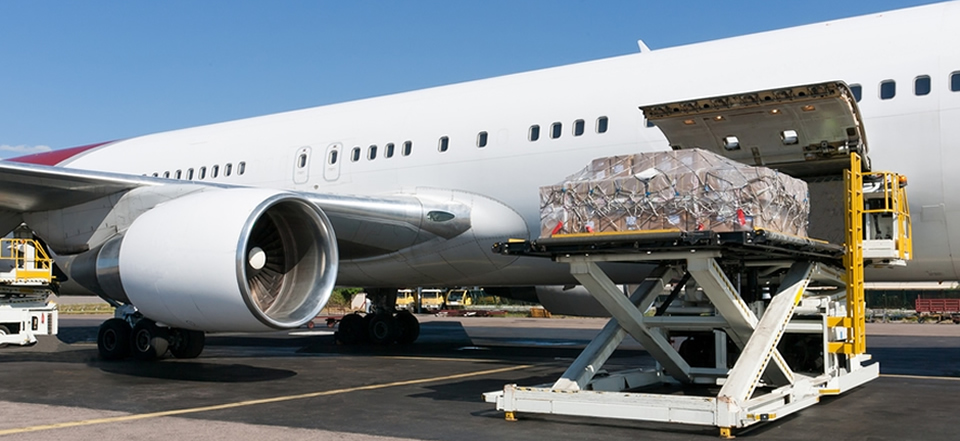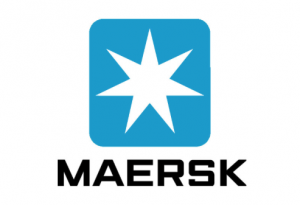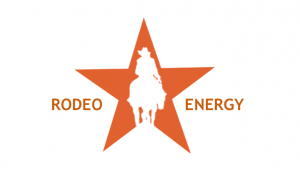Duty relief refers to the customs regimes under which imported goods are held under bank guarantee (whose amount is determined by Customs) with suspension of duty payment pending their re-exportation or their declaration for home consumption at a later date. In other words, imported goods which are usually subject to customs duty may be eligible for total or partial duty relief, subject to what happens to those goods after they are imported. Before re-exportation or declaration for home use, such goods are placed in a duty-in-abeyance regime. CEMAC Customs law provides for several duty relief possibilities:
1. Warehousing
A warehouse is an approved place situated outside the appointed area of an approved port/airport where goods may be held under bank guarantee until they are declared to customs for an approved treatment or use. This allows for quicker movement of cargo through the port/airport and results in the goods being made available to the importer more readily than would otherwise be the case if all consignments had to be cleared at the port/airport before they could be moved.
Warehousing also gives operators of ‘groupage’ consignments (a single sea container or airline storage unit that contains goods for more than one importer) the possibility of removing consignments from the port/airport, under specific conditions laid down by Customs, to the approved warehouse so that unpacking can commence prior to the goods being entered to or cleared by Customs.
CEMAC Customs Law provides for three types of warehouses:
– Public warehouse
– Special warehouse
– Private warehouse
These temporary storage premises must be maintained, secure and in good repair to the satisfaction of the Customs. The premises must be equipped with suitable facilities for storing, unloading, examining and clearing the goods.
If you feel that you could benefit from warehousing scheme and would like some further information about the approval process and how NOVA Customs Consultancy can help you achieve authorization, come to our office for a consultation or call us on 01635 521624 or email.
2. Transit
Customs transit is defined in the Revised Kyoto Convention, 1999 (RKC)
managed by the World Customs Organization (WCO) as a “Customs procedure under which goods are transported under Customs control from one Customs office to another”.
When goods are under Customs transit, Customs Law requires that the economic operator, who is benefiting from the procedure in question, must post a bond, i.e. a financial guarantee or a surety with the authorities to ensure that all fiscal obligations towards Cameroon are met.
3. Temporary Admission Relief
This is a customs scheme that can be used to temporarily import goods with total or partial relief from duty for a clearly defined period (e.g. goods for exhibitions, testing, experiment or demonstration; samples to show prospective buyers; containers and pallets; heavy duty equipments for public works). Such goods must be covered by a bank guarantee and must not be processed or repaired other than routine maintenance necessary to preserve them in the condition in which they were imported.
4. Inward Processing Relief
Can be used to obtain duty relief on: goods imported from outside CEMAC; goods obtained from a customs warehouse or goods under temporary admission for processing and re-export from CEMAC. Processing can range from repacking or sorting of goods to manufacturing.
5. Outward Processing Relief
This customs scheme allows the export of CEMAC goods for processing, or repair. The processing can range from very simple work to manufacturing and must happen within a time-frame determined by Customs. On re-import into CEMAC you will only have to account for duty on the value added to the goods by the processing that took place outside CEMAC.
6. Emergency Goods Relief
Simplified procedure of removal of goods before payment of duty
7. Transhipment Relief
The transfer of goods from one conveyance to another for further transport. For example, shipping goods to an intermediate destination where they are reshipped to the ultimate buyer.
8. CEMAC Manufactured Relief










